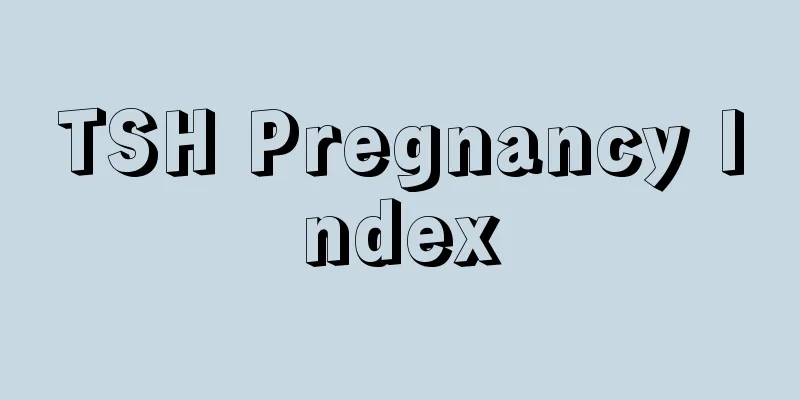Nutritional guidance during pregnancy

|
For pregnant women, nutrition during pregnancy is very important, because the growth and development of the fetus is very critical during pregnancy. In order to ensure that the fetus does not lack elements during growth, pregnant women must eat more nutritious foods. Moreover, the nutrition eaten by pregnant women after pregnancy needs to be absorbed by both of them. Eating more nutrients can also improve their own resistance. So what is the nutritional guidance during pregnancy? Nutrition during pregnancy is closely related to fetal growth and intellectual development. In order to adapt to the physiological changes during pregnancy and the needs of fetal growth, pregnant women must require more nutrition than in the non-pregnant period. If malnutrition occurs during pregnancy, it can easily cause miscarriage, premature birth, fetal malformations, etc. What should be the proper nutrition during pregnancy? 1. Heat During pregnancy, the daily calorie intake should be increased by at least 100 to 300 kcal, and food should be consumed in appropriate proportions, with protein accounting for 15%, fat accounting for 20%, and carbohydrates accounting for 65%. 2. Protein During the 4th to 6th month of pregnancy, pregnant women should increase their protein intake by 15g per day, and during the 7th to 9th month, it should be increased by 25g per day. High-quality protein mainly comes from animals, such as milk, meat, eggs and fish, which can provide the best combination of amino acids. 3. Sugar The main carbohydrate in the staple food of pregnant women is starch. After the second trimester of pregnancy, 0.4 to 0.5 kg of staple food per day can meet the needs. 4. Trace elements (1) Iron: Take ferrous sulfate 0.3 g/day orally starting at the 4th month of pregnancy. (2) Calcium: Daily calcium intake of 1000 mg starting from the 16th week of pregnancy, increasing to 1500 mg in the late pregnancy. (3) Zinc: It is recommended that pregnant women supplement 20 mg of zinc per day from their diet after 3 months of pregnancy. (4) Iodine: During the entire pregnancy period, the dietary iodine supply is 175ug/d. It is recommended to take iodized salt throughout the pregnancy. (5) Selenium: It is an important component of glutathione peroxidase. Selenium deficiency during pregnancy can cause primary myocarditis in the fetus and peripartum myocarditis in pregnant women. |
<<: What foods can stop bleeding and speed up menstruation?
>>: 4 months pregnant sex position
Recommend
How long does it take for breast pain to disappear after abortion?
Abortion is a surgical treatment that we have to ...
Causes of pimples on female vulva
What is the matter with vaginal pimples? Many gir...
What to do with cracked nipples
Nipple cracking is a common phenomenon for breast...
How to save power on Huawei Honor phones? How to tell if a Huawei Honor phone is new?
Honor is a technology fashion brand for young peo...
Did a famous actor die of "heat shock"? Doctors remind: It is easy to happen in winter, so be careful when taking a bath
Recently, Japanese actress Miho Nakayama was foun...
How to perform oral self-examination to detect signs of oral cancer early
1. Who is prone to oral ulcers? The probability o...
How to abort an ectopic pregnancy after one month
There are two ways for women to get pregnant, one...
What causes chest pain?
Breasts are not only an important tool for human ...
Treatment for insomnia in girls
Insomnia is a common clinical problem, and Chines...
What does it mean to see yolk sac echo inside the cyst?
Now many people know that the physical quality an...
[Creative Cultivation Program] Will eating soy cause early puberty or cancer? Don’t worry, eating more soy has “billions” of benefits!
Author: Xue Qingxin Reviewer: Zhang Jiguo Many pe...
What are the symptoms of excessive amniotic fluid at 32 weeks?
Sufficient amniotic fluid can ensure that the bab...
What to do if your butt hurts after giving birth
Having a child is probably the most important exp...
Does a retroverted uterus show pregnancy?
A woman's abdomen will undergo major changes ...
Brown discharge during pregnancy
After a woman becomes pregnant, new changes will ...






![[Medical Q&A] If a patient with hypertension has low blood pressure in the summer, can he stop taking medication on his own?](/upload/images/67f0e81c146e1.webp)


